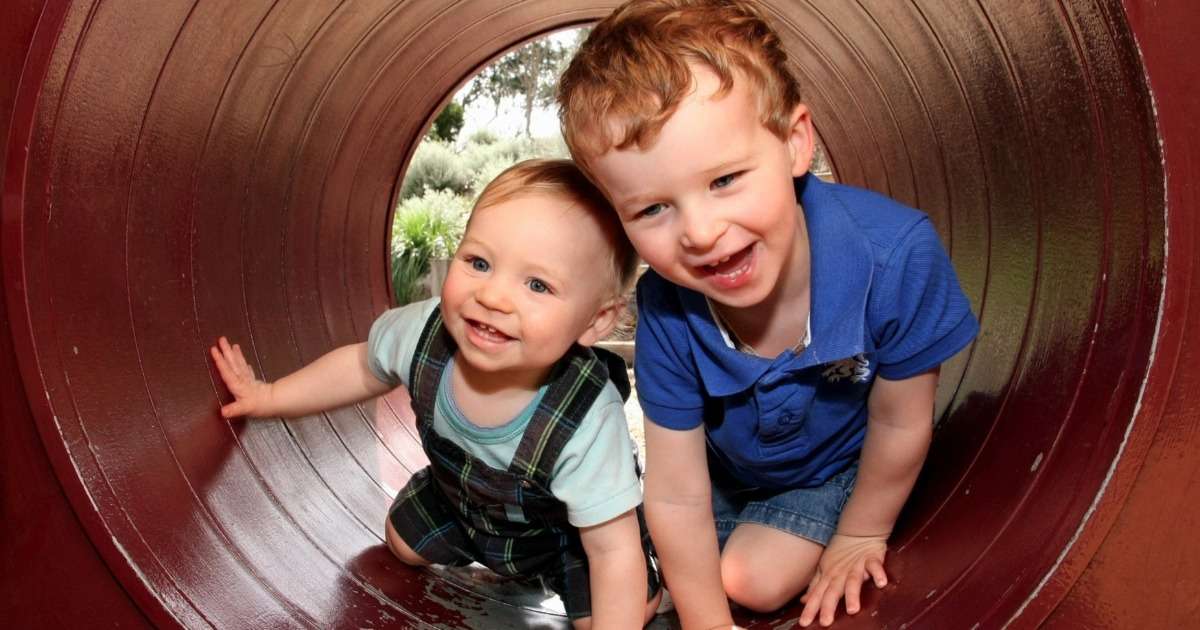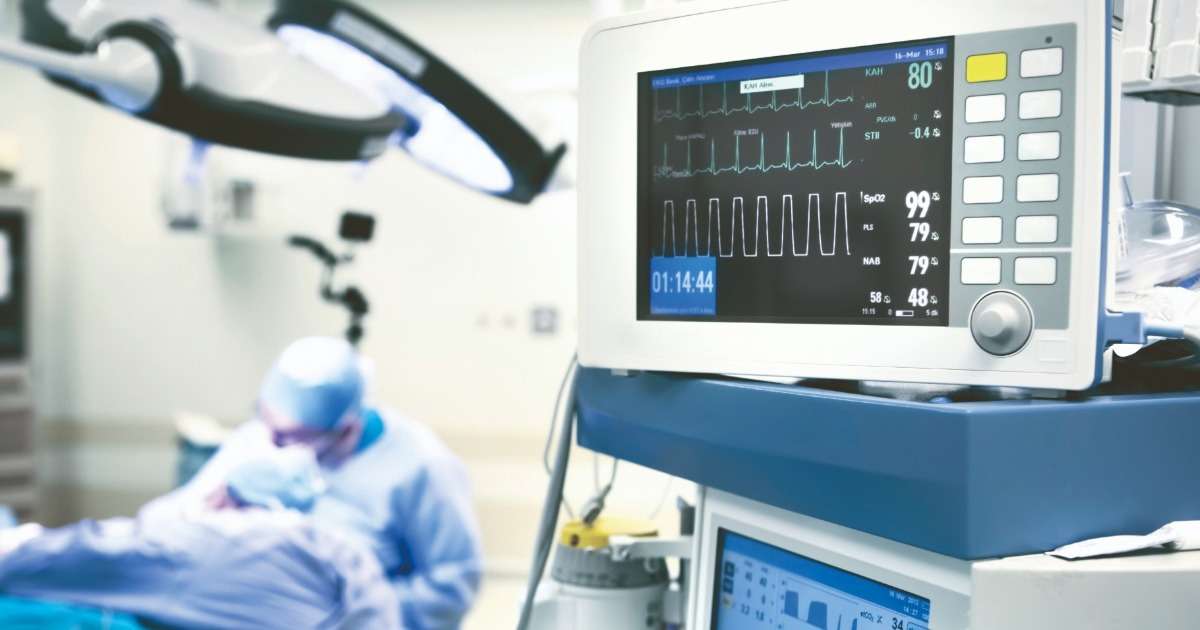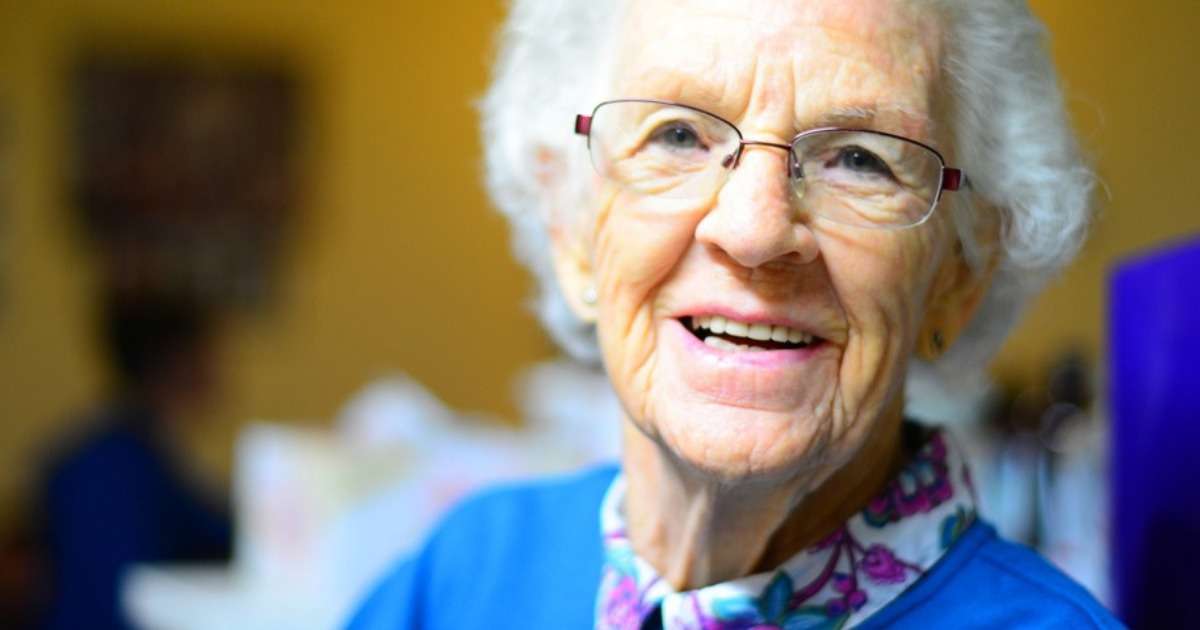
Observing and coding the behavior of siblings
Would it help if your brother or sister is sitting by your side when you're in pain? Would that ease the pain, or provide some distraction?

Getting robust results: one zebrafish is not like the other
Zebrafish larvae locomotor behavior often has a high variability, which can have a big impact on your results. Still, it is one of the most used parameters. So how can you make your study more robust?

Video recording used in psychology
Understanding behavior during an interaction becomes much easier with video observations, and enables students to watch and learn.

CFI Exceptional Opportunities Fund – COVID-19
The Canada Foundation for Innovation (CFI) has issued an Exceptional Opportunities Fund (EOF) in the fight against the coronavirus SARS-CoV-2, known as COVID-19.

How do children interact with their older autistic siblings?
In celebration of World Autism Awareness Day, this blog post focuses on the social interactions between children and their older autistic siblings.

Alzheimer's research - From prevention research to natural treatment
Experts estimate that by 2050, 100 million people will have Alzheimer’s disease (AD), which is a shockingly large number. Learn more about the research that has been done in order to find a cure.

Analyzing the mealtime behaviors of children with autism
Disrupted mealtimes and feeding challenges may risk the development of family stability, as well as the social skills and well-being of a child. Which strategy should families use to support meal time engagement?

Buying a travel pillow: do our experiences make our expectations come true?
During a long flight, it is often tempting to take a nap in the airplane seat. Which travel pillow offers you the most comfort for this?

Video recording medical trainees who are interrupted during a complex task
Interruptions in your work have a negative effect on completing your tasks correctly. Jones and her team examined the impact of clinical interruptions on simulated trainee performances during central venous catheterization.

In home study of older persons
Older people are healthier these days and like to live in their own homes as long as possible. As a result, the need for home care services is increasing.
